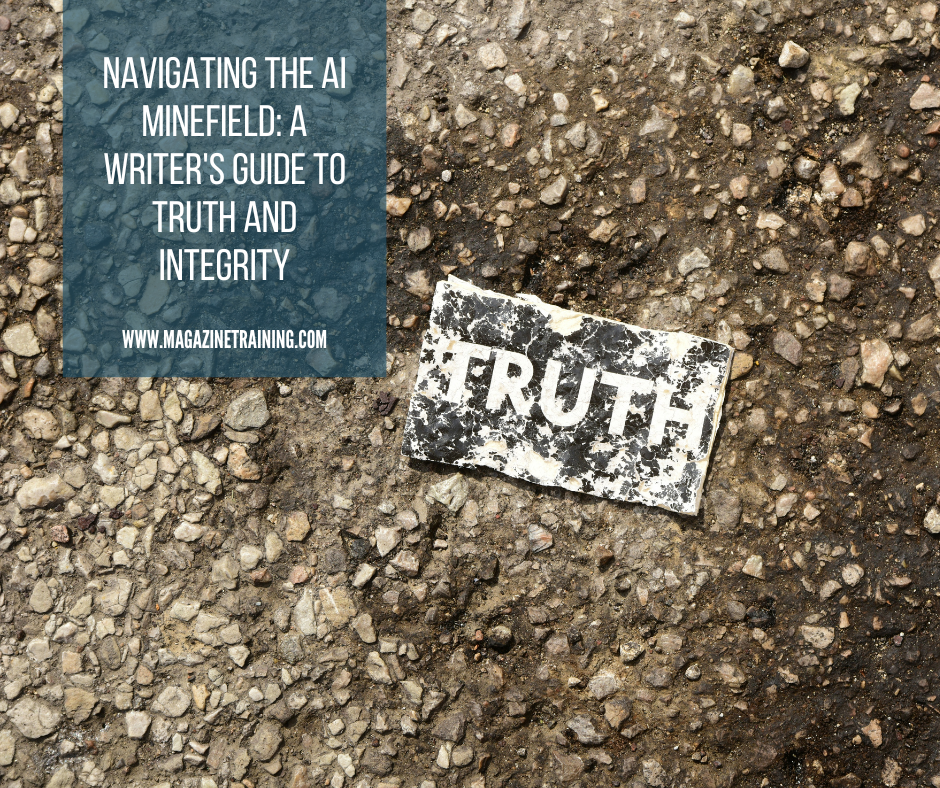The rise of AI in media
In today’s digital age, where information flows freely and boundaries between reality and fabrication blur, the prominence of artificial intelligence (AI) in media creation has reached unprecedented levels. From generating news articles to crafting illustrations and even fabricating images of public figures, AI’s influence permeates every corner of our digital landscape. Let’s delve into the implications of AI’s proliferation in media creation and explore strategies for writers to uphold truth and integrity in their work.
AI and fake news
The intersection of AI and fake news has become a focal point in recent discussions, highlighted by major media outlets like NBC shedding light on the role of AI in shaping our cultural narrative. With tools like ChatGPT enabling the rapid generation of content, concerns about authenticity and accountability have escalated. As AI continues to blur the lines between fact and fiction, writers must grapple with the implications of leveraging AI in their craft.
While AI’s involvement in the dissemination of misinformation may seem like a modern phenomenon, the roots of fake news trace back centuries. From John Adams to the Oxford University Press, instances of deliberate fabrication for ulterior motives have plagued society throughout history. Understanding this historical context provides valuable insights into the challenges we face today and underscores the importance of discernment in consuming and creating media.
Reasons to approach AI with caution
As writers, it’s essential to critically evaluate the use of AI in our creative process. While AI offers unprecedented capabilities, it also presents inherent risks. Limited personalization, potential bias, and accuracy concerns underscore the need for caution when incorporating AI into our writing toolkit. By acknowledging these pitfalls, writers can make informed decisions about when and how to leverage AI in their work.
In a landscape rife with AI-generated content, safeguarding the integrity of our prose is paramount. By adopting rigorous fact-checking practices and prioritizing reputable sources, writers can mitigate the risk of unwittingly perpetuating misinformation. Leveraging platforms like PR Newswire and cultivating relationships with trusted mentors further fortify our defenses against AI influence. By embracing these strategies, writers can uphold the highest standards of truth and integrity in their craft.
Embracing responsibility in the age of AI
As we navigate the complexities of AI’s role in media creation, writers must remain steadfast in their commitment to truth and integrity. By arming ourselves with discernment, diligence, and a dedication to ethical storytelling, we can navigate the ever-evolving landscape of digital media with confidence. In doing so, we not only protect the integrity of our craft but also contribute to a culture where truth remains the ultimate currency.


